Organic Seed Alliance recently hosted a week-long Virtual Field Tour on Instagram Live (IGTV) in lieu of our in-person Community Field Day. …
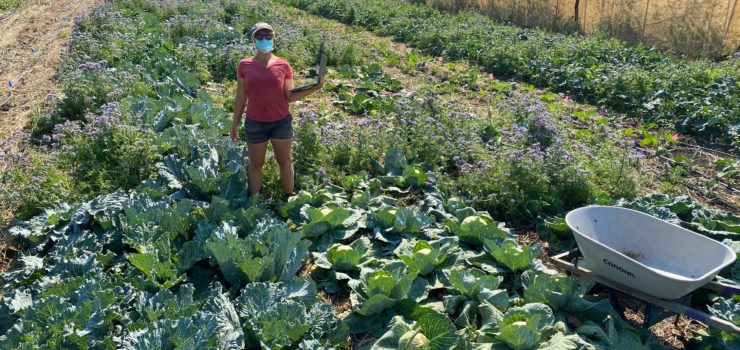
Putting the power of seed into the hands of growers

Events, Field Notes, Resources ·
Organic Seed Alliance recently hosted a week-long Virtual Field Tour on Instagram Live (IGTV) in lieu of our in-person Community Field Day. …
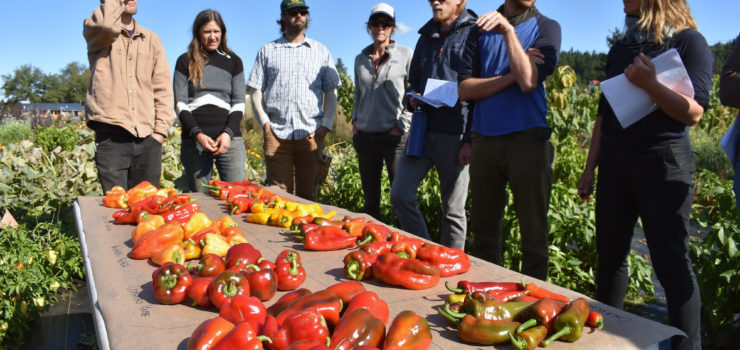
Events ·
Hope for the future of food was served up along with culinary delights during Organic Seed Alliance’s 5th annual Community Field Day & …
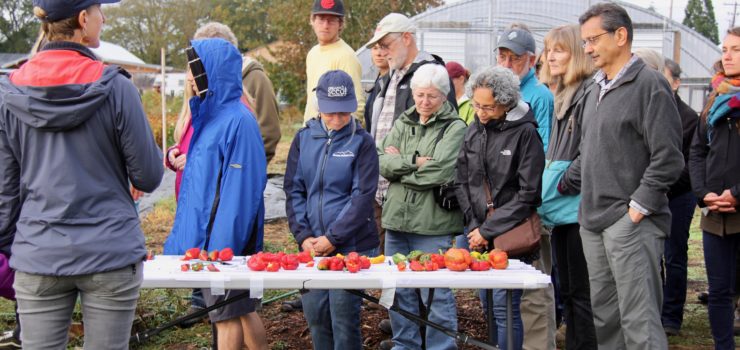
This article originally appeared in Organic Farmer (January 2019). When the National Organic Program (NOP) launched in 2002, there was …
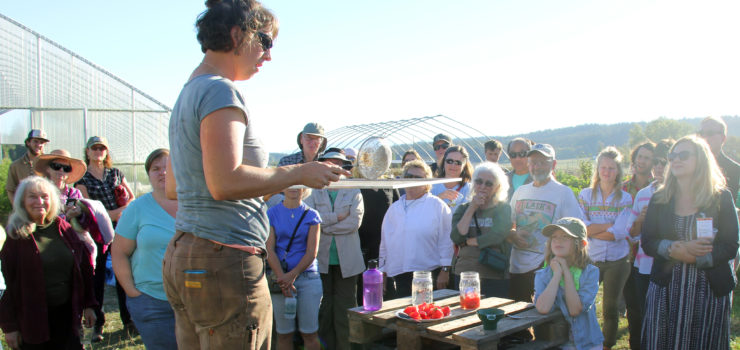
Events ·
Join Organic Seed Alliance and explore new flavors at our Community Field Day and Tasting on Monday, October 1st, in Chimacum, Washington! …
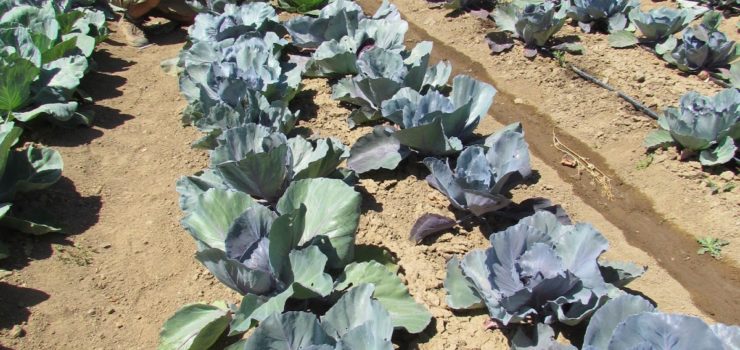
Publication date: March 15, 2018 Author: Steve Peters, Organic Seed Alliance Funder: Gaia Fund Table of Contents Introduction …
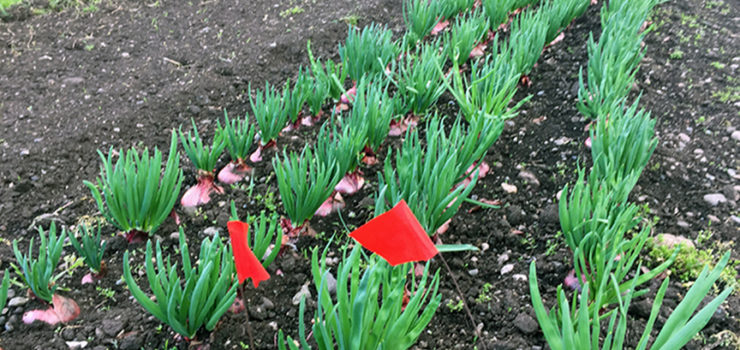
Here at the OSA research farm in Chimacum, Washington, the days are getting longer, the soil is slowly drying out, greenhouse starts are …
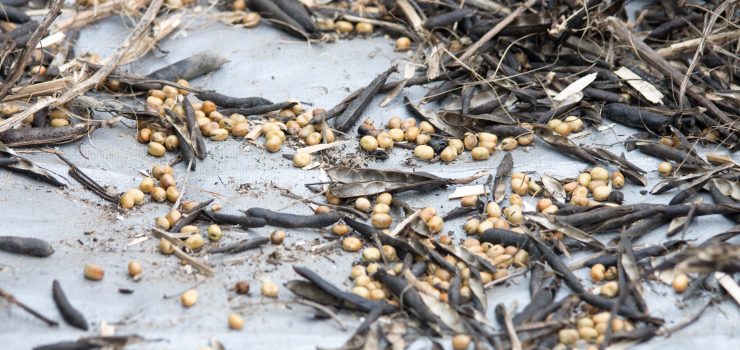
California leads the nation in vegetable seed production, yet less than half of the vegetable seed planted on organic farms in the state is …
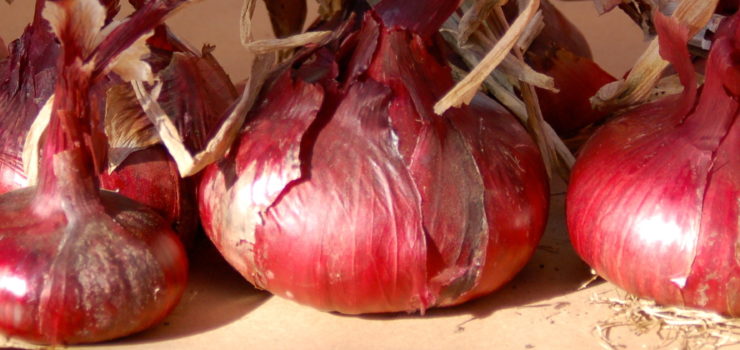
The Pacific Northwest has some of the best seed producing areas in the world. For example, Brassica vegetable seed crops produced in …
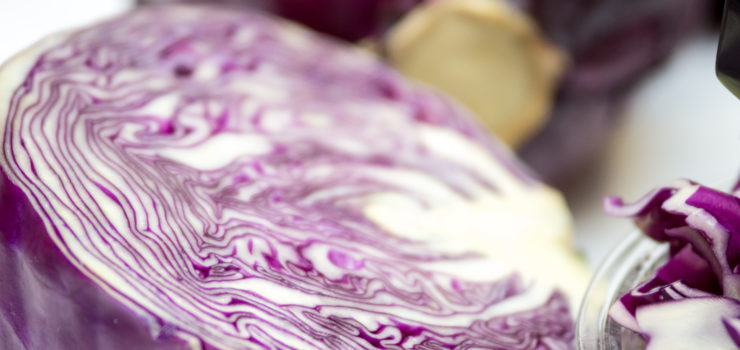
Organic Seed Alliance (OSA) released a report today that details variety trial results for storage cabbages, storage onions, overwintering …
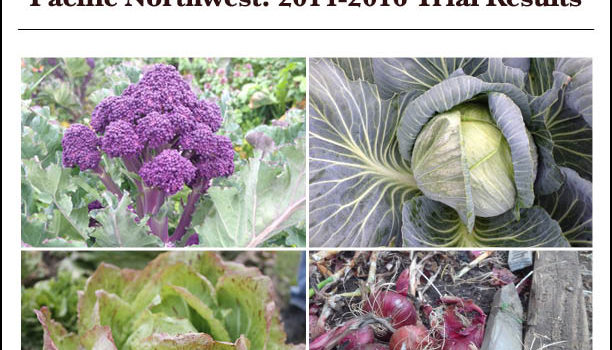
This report includes results from variety trials conducted on organic farms from 2014 to 2016 in multiple locations on the northern Olympic …
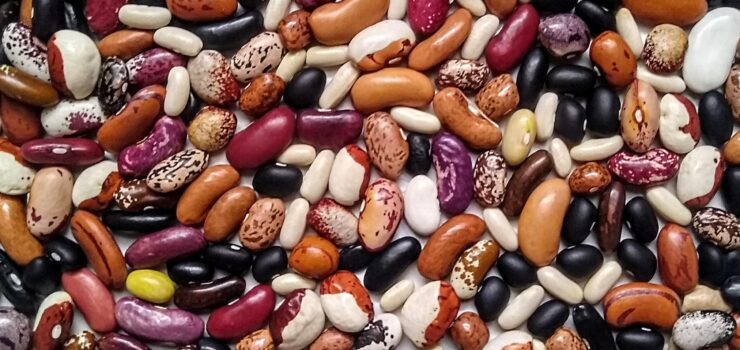
Events ·
OSA hosted a variety tasting and discussion as part of last week’s Farmer-Fisher-Chef Connection (F2C2) in Seattle, Washington. OSA convened …

As many of you know, the majority of transgenic crops are in commodity crops - corn, soybeans, cotton, alfalfa. In recent months the news of …
Promoting an abundant and diverse organic seed supply, tended in perpetuity by skilled and interconnected communities